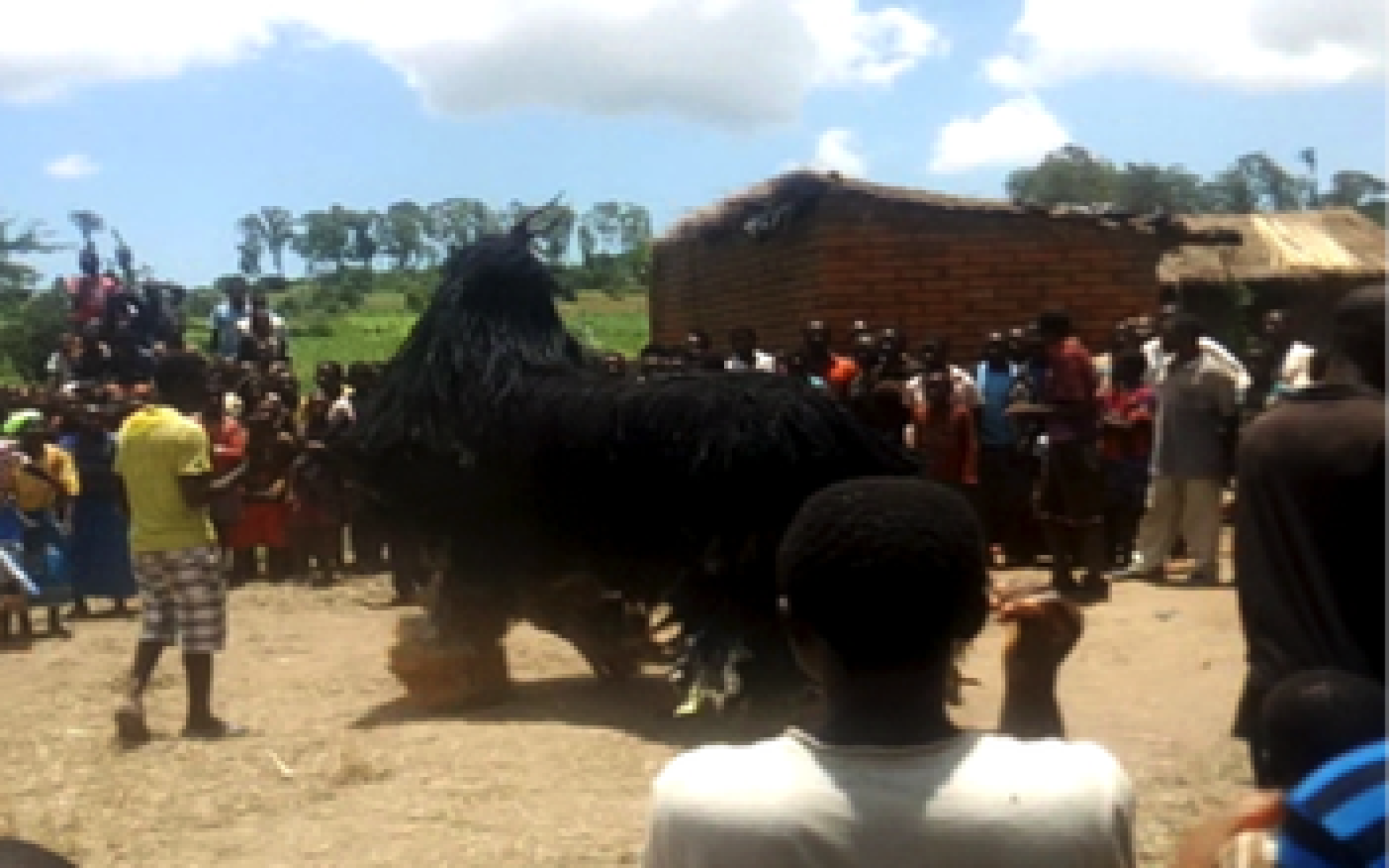Written by CorpsAfrica/Malawi Volunteer Mr. Smart Banda
Culture is something that defines a group of people. It covers religion, food, language, clothes that people wear and how they wear them, music and dances, marriages, funerals, and worship. Each group of people is known by its culture. Here in Malawi, we have Tumbuka, Chewa, Yao, Ngoni, and many other ethnic groups whose cultures differ from one another.
Meet Chewa people in Dedza, Malawi. People here are more welcoming and loving. I could say Malawi is called “the warm heart of Africa” because of these people’s hospitality. Chichewa is the language that they speak, and they are well known by their traditional dance called Gulewamkulu. This dance is well known in most parts of Southern Africa, as you can find Chewa people in Zambia, Mozambique, and Malawi. The traditional dances for the Chewa are mostly performed during events like the appointment of chiefs, initiation, healing, funerals and village festive ceremonies.
Gulewamkulu is believed to be a traditional religion whereby the dancers are believed to be communicating with ancestral spirits. The dancers wear masks which resemble faces of animals while others are humanoid. Gulewamkulu has a lot of characters which tell different stories and give different messages to the audience.
Meet Chilembwe, an antelope character which displays jokey physical moves like shaking its body while laying down like a tired antelope. Mostly when this character of Gulewamkulu is dancing people lough a lot because of its funny dancing moves.
Kasiya maliro (funeral escort) is another character of Gulewamkulu. It has a tiny antelope like a head and a tail on top of its body. The character shows up during funerals and mostly performs at night. Other characters are Chazunda, Maliya, Njinga and Makanja just to mention a few.
Characters like Njovu (an elephant) don’t easily show up in ceremonies. Mostly this character shows up when a Chewa chief dies and it is accompanied by other Gulewamkulu characters such as Kasiya Maliro, Gandali, Nyani Makanja and Njinga (local names). Gulewamkulu is highly respected by the Chewa people. It is associated with secret rituals and only those who have gone through the cultural initiation ceremonies are allowed to become the Gulewamkulu dancers.

